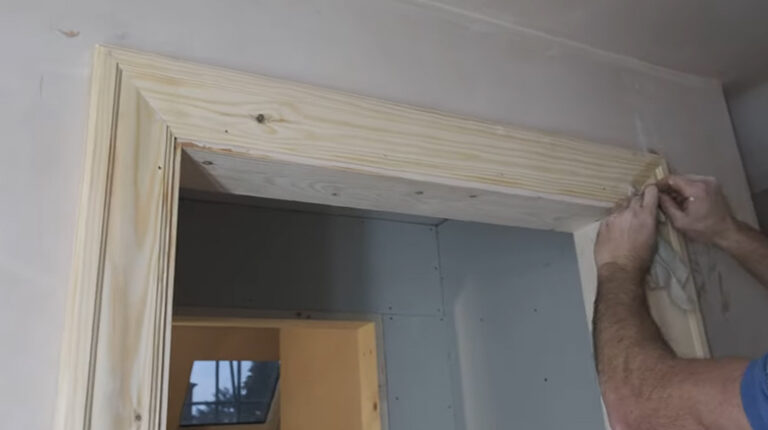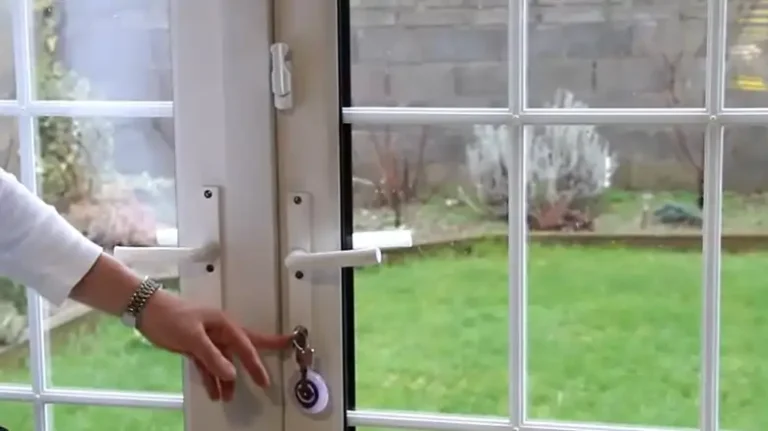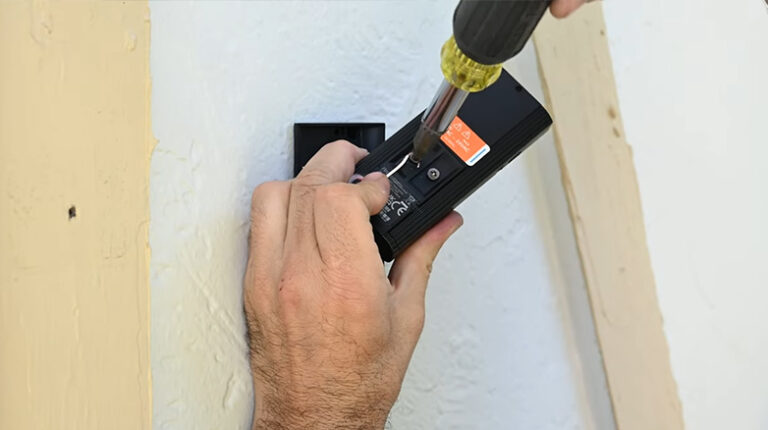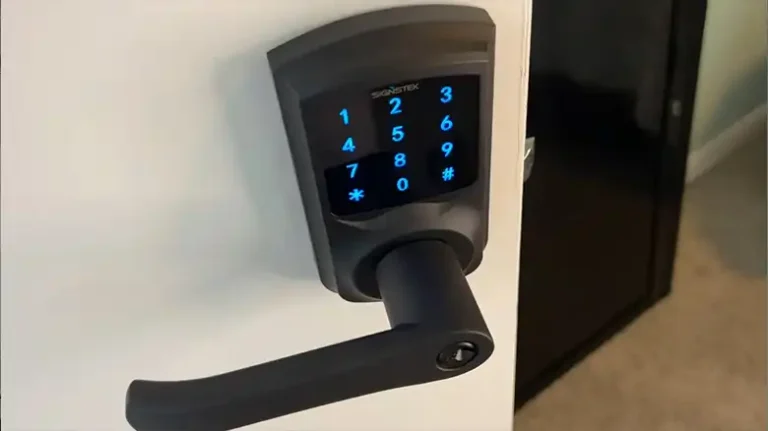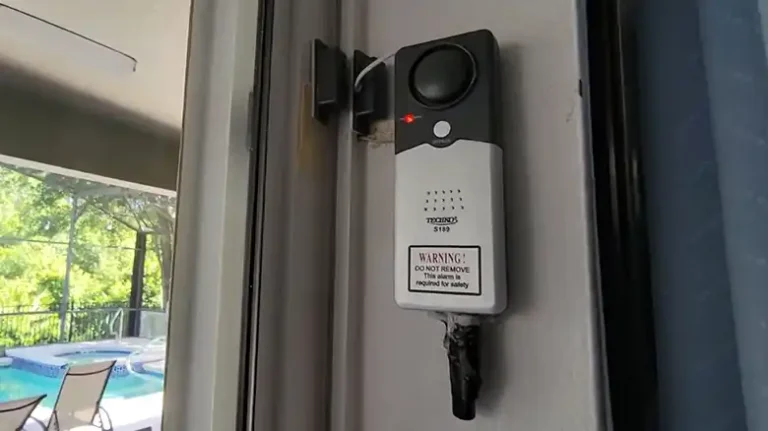[Explored] Can You Change a Lock without Changing the Door Knob?
Doorknobs and locks are two essential components of any door. They ensure that the door can be opened and closed securely and that unauthorized individuals cannot gain access to the property.
However, sometimes the lock on a door may need to be replaced, even if the doorknob is still in good condition. This can be due to a number of reasons, such as losing the key, the lock breaking, or the lock being outdated. If you need to change the lock on a door without changing the doorknob, then yes, you can do so.
Replacing the lock mechanism involves removing the existing lock from the door and installing a new one. This is a more complex process, but it is still relatively easy to do with a few basic tools and some basic knowledge of home improvement.
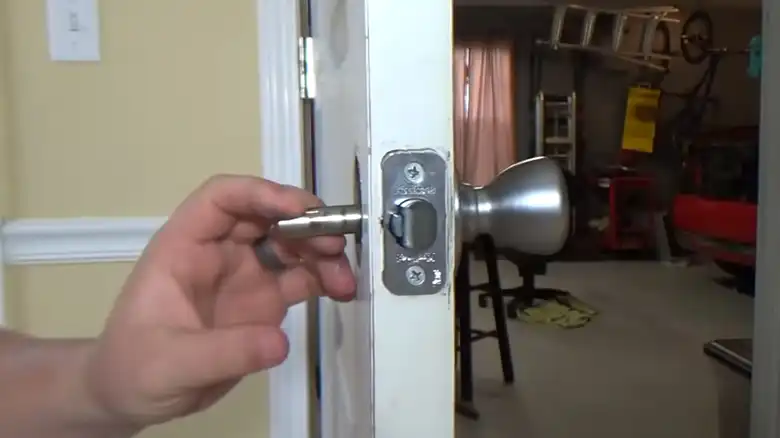
Is It Possible To Change The Lock Without Changing The Doorknob
The short answer is yes, it is indeed possible to change a lock without replacing the entire door knob. Many homeowners are not aware of this option, and they often end up replacing both the lock and the knob unnecessarily. By understanding the techniques available, you can save time and money while enhancing your security.
What Technique Is Used To Do So
To change a lock without changing the door knob, you can use a technique called rekeying or lock rekeying. This is a useful option when you want to maintain the same doorknob but need to restrict access to a lock or provide access to a new keyholder without replacing the entire lockset.
Rekeying a Lock
One of the most common methods to change a lock without changing the door knob is through a process called rekeying. It’s the process of changing the pins in the lock so that it can be opened with a new key. This is a relatively simple process that can be done by a locksmith or by yourself using a rekeying kit. Rekeying is a cost-effective solution that allows you to keep your existing door hardware while rendering the old keys useless.
How It Works
Rekeying offers several advantages. It’s cost-effective, as you don’t need to purchase new hardware. It’s also a quick process, and you can maintain the aesthetic appeal of your existing door knob. Plus, you can instantly upgrade your security by rendering old keys useless.
- Open the door and ensure the knob is in the locked position.
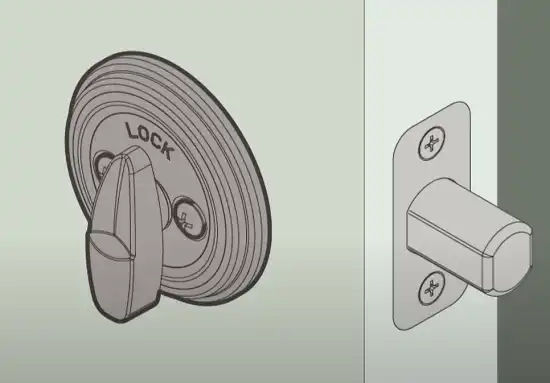
- Now, insert the current key and rotate it 90 degrees clockwise.
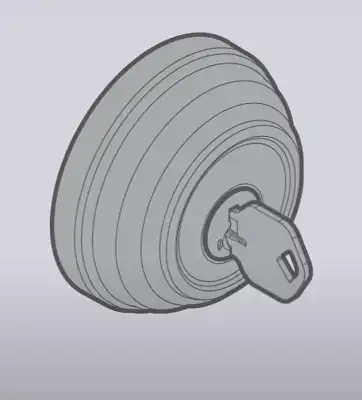
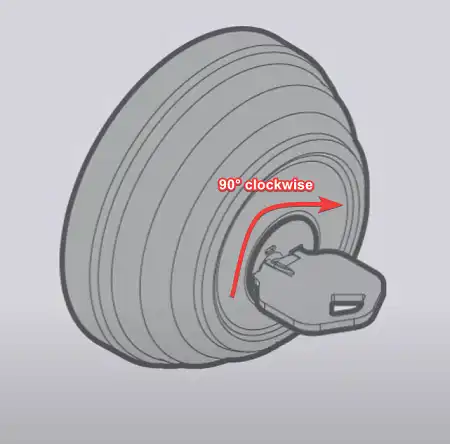
- After that, insert the SmartKey tool firmly in the SmartKey hole. When you hear a click sound, take the SmartKey and the original key out.
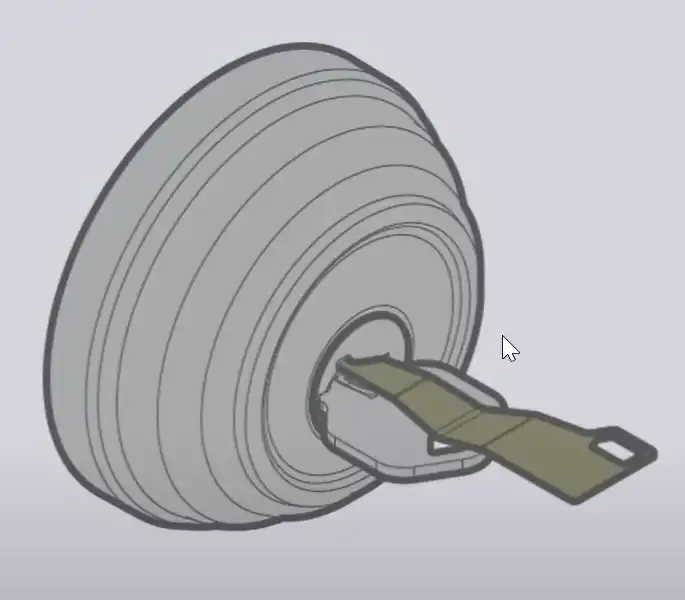
- After that, insert the new key, rotate it 180 degrees counterclockwise, and then rotate it 180 degrees clockwise.
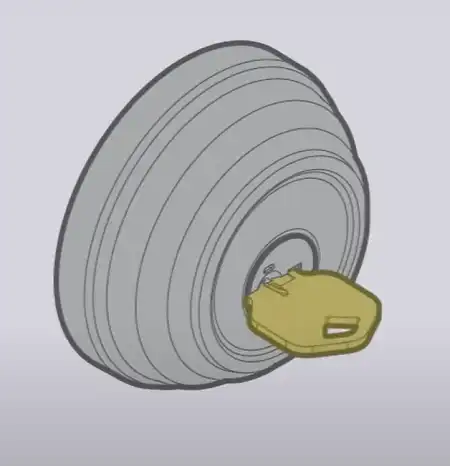

- Next, try to take out the key gently, if you can’t then rotate the key 90 degrees counterclockwise.
And you have successfully re-keyed the lock.
When It’s Not Possible to Change a Lock without Changing the Door Knob
While rekeying is a versatile and practical solution, there are situations where changing the entire lock and door knob assembly is necessary
Compatibility Issues
Compatibility issues with locks and door knobs can arise when the two components are not designed to work together. For example, a smart lock may not be compatible with a traditional deadbolt, or a lever handle may not be compatible with a mortise lock.
Wear and Tear
If your door knob is significantly worn out or damaged, it’s a good idea to Doorknobs are one of the most frequently used objects in a home, so they are particularly susceptible to wear and tear. Over time, the screws that hold the doorknob in place can loosen, the finish can chip or fade, and the internal mechanisms can become worn out. This can make the doorknob difficult to use and can also compromise its security.
Have Lost the Key
if you have lost the original key and don’t have any spare key, then you will not be able to change the lock without replacing the knob. This is because, in order to change the lock, you need to be able to open the door to access the lock mechanism. If you don’t have a key, then you will not be able to open the door.
Frequently Asked Questions
How much does rekeying a lock cost?
The cost of rekeying a lock can vary depending on factors such as the type of lock and your location. On average, it can range from $50 to $150 per lock.
Are there any security risks in rekeying a lock?
Rekeying is a secure process as long as it’s done by a reputable locksmith. It ensures that the old keys will no longer work with the lock, providing enhanced security.
Can I rekey a lock to match other locks in my home?
Yes, rekeying can be done to make multiple locks in your home work with the same key, providing convenience and reducing the number of keys you need.
Conclusion
In the world of locks and security, change is inevitable. However, when it comes to changing a lock without replacing the doorknob, rekeying is often the most practical and cost-effective solution. It allows you to maintain your existing door hardware while upgrading your security. Remember, while rekeying is suitable for many situations, there are times when a full lock and door knob replacement is the right choice. So, assess your needs, consult with a professional locksmith, and make the choice that keeps your space safe and secure. If you have any more questions or need further guidance, feel free to leave a comment below. Thank you for reading, and may your home always be secure and welcoming!

